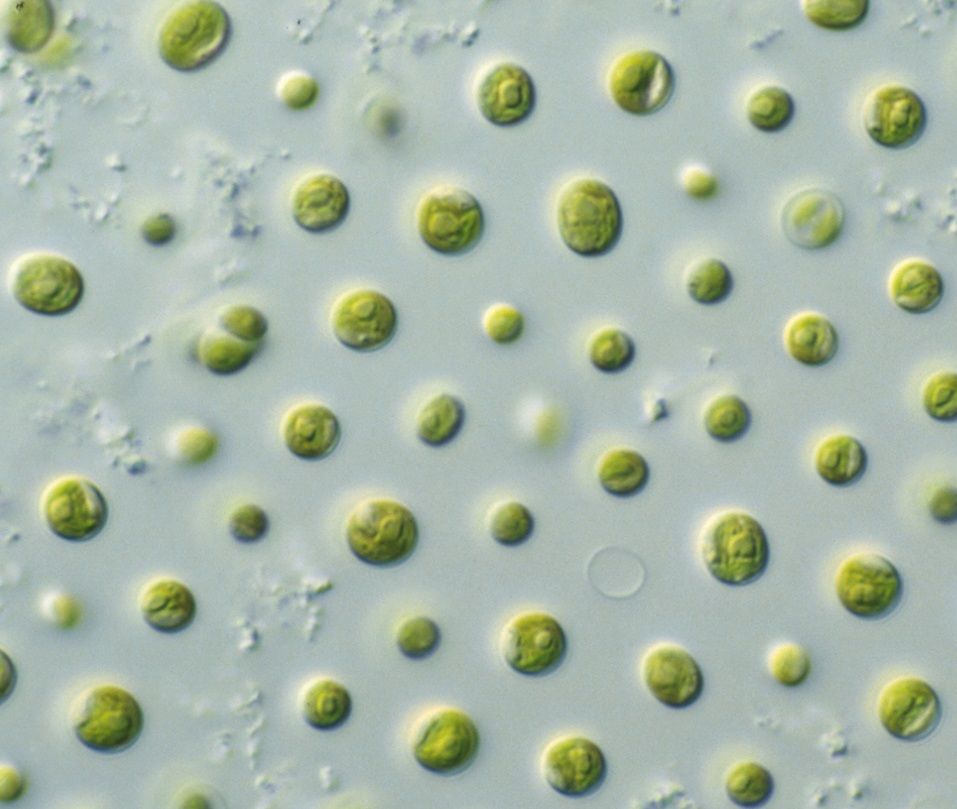Archive for the ‘sustainability’ category: Page 514
Feb 15, 2019
3D-printed Mars habitat could be a perfect fit for early SpaceX Starship colonies
Posted by Quinn Sena in categories: 3D printing, habitats, robotics/AI, space travel, sustainability

Space architecture startup AI SpaceFactory achieved second place in the latest phase of a NASA-led competition, pitting several groups against each other in pursuit of designing a 3D-printed Mars habitat and physically demonstrating some of the technologies needed to build them.
With a focus on ease of scalable 3D-printing and inhabitants’ quality of life, as well as the use of modular imported goods like windows and airlocks, MARSHA lends itself impeccably well to SpaceX’s goal of developing a sustainable human presence on Mars as quickly, safely, and affordably as possible with the support of its Starship/Super Heavy launch vehicle.
Feb 15, 2019
China Is Building a Solar Power Station in Space
Posted by Genevieve Klien in categories: solar power, space, sustainability
Beam Me Down
Needless to say, the biggest problem for a floating power plant is figuring out how to get the energy back down to Earth.
The scientists behind the project are still sorting that part out. But right now, the plan is to have solar arrays in space capture light from the sun and then beam electricity down to a facility on Earth in the form of a microwave or a laser, according to The Sydney Morning Herald.
Feb 15, 2019
Safer-by-Design Fluorescent Nanocrystals: Metal Halide Perovskites vs Semiconductor Quantum Dots
Posted by James Christian Smith in categories: particle physics, quantum physics, solar power, sustainability
Despite the young age of the research field, substantial progress has been made in the study of metal halide perovskite nanocrystals (HPNCs). Just as their thin-film counterparts are used for light absorption in solar cells, they are on the way to revolutionizing research on novel chromophores for light emission applications. Exciting physics arising from their peculiar structural, electronic, and excitonic properties are being discovered with breathtaking speed. Many things we have learned from the study of conventional semiconductor quantum dots (CSQDs) of II–VI (e.g., CdSe), IV–VI (e.g., PbS), and III–V (e.g., InP) compounds have to be thought over, as HPNCs behave differently. This Feature Article compares both families of nanocrystals and then focuses on approaches for substituting toxic heavy metals without sacrificing the unique optical properties as well as on surface coating strategies for enhancing the long-term stability.
In the early 1980s the quest for novel photocatalysts, fueled by the oil crisis in the preceding decade, led to the discovery of semiconductor quantum dots. Pioneering works by Efros, Brus, and Henglein showed both experimentally and theoretically that the reduction of size of semiconductor particles (e.g., CdS) down to the nanometer range induces a significant change in their band gap energy.(1−3) The underlying quantum confinement effect, occurring when the nanocrystal size is (significantly) smaller than twice the exciton Bohr radius of the semiconductor material (Table 1), leads to an increase, scaling with 1/r, of the band gap energy. It also gives rise to the appearance of discrete energy levels at the place of continuous valence and conduction energy bands. In the same period Ekimov as well as Itoh and co-workers observed quantum confinement in small CuCl crystallites embedded in a glass or a NaCl matrix.
Feb 13, 2019
New Artificial Leaf Design Could Absorb Far More CO2
Posted by Quinn Sena in category: sustainability
Feb 13, 2019
Graphene-Based Cement/Concrete Admixture for Ultra-Strong, High-Strength and Sustainable Housing/Infrastructure
Posted by Quinn Sena in categories: habitats, sustainability
Feb 13, 2019
Europe’s next €1-billion science projects: six teams make it to final round
Posted by Derick Lee in categories: biotech/medical, robotics/AI, science, solar power, sustainability
The six newly shortlisted initiatives include: a project that would explore how AI can enhance human capabilities; one to hasten clinical availability of cell and gene therapies; a personalized-medicine initiative; two projects that aim to make solar energy more efficient; and a humanities project called the Time Machine, which seeks to develop methods for enabling digital search of historical records in European cities.
AI enhancement and a virtual time machine are included in the shortlist of pitches.
Feb 12, 2019
Climate of North American cities will shift hundreds of miles in one generation
Posted by Quinn Sena in categories: climatology, sustainability
In one generation, the climate experienced in many North American cities is projected to change to that of locations hundreds of miles away—or to a new climate unlike any found in North America today.
A new study and interactive web application aim to help the public understand how climate change will impact the lives of people who live in urban areas of the United States and Canada. These new climate analyses match the expected future climate in each city with the current climate of another location, providing a relatable picture of what is likely in store.
“Under current high emissions the average urban dweller is going to have to drive more than 500 miles to the south to find a climate like that expected in their home city by 2080,” said study author Matt Fitzpatrick of the University of Maryland Center for Environmental Science. “Not only is climate changing, but climates that don’t presently exist in North America will be prevalent in a lot of urban areas.”
Feb 10, 2019
This tower is a massive battery and it’s fuelled by gravity
Posted by Quinn Sena in categories: energy, sustainability

This tower is a massive battery — and it could help solve one of renewable energy’s biggest challenges.
Feb 9, 2019
Producing biofuels from algae
Posted by Genevieve Klien in categories: security, sustainability
Microalgae are showing huge potential as a sustainable source of biofuels.
Producing biofuels from renewable sources.
Due to concerns about peak oil, energy security, fuel diversity and sustainability, there is great interest around the world in renewable sources of biofuels.














